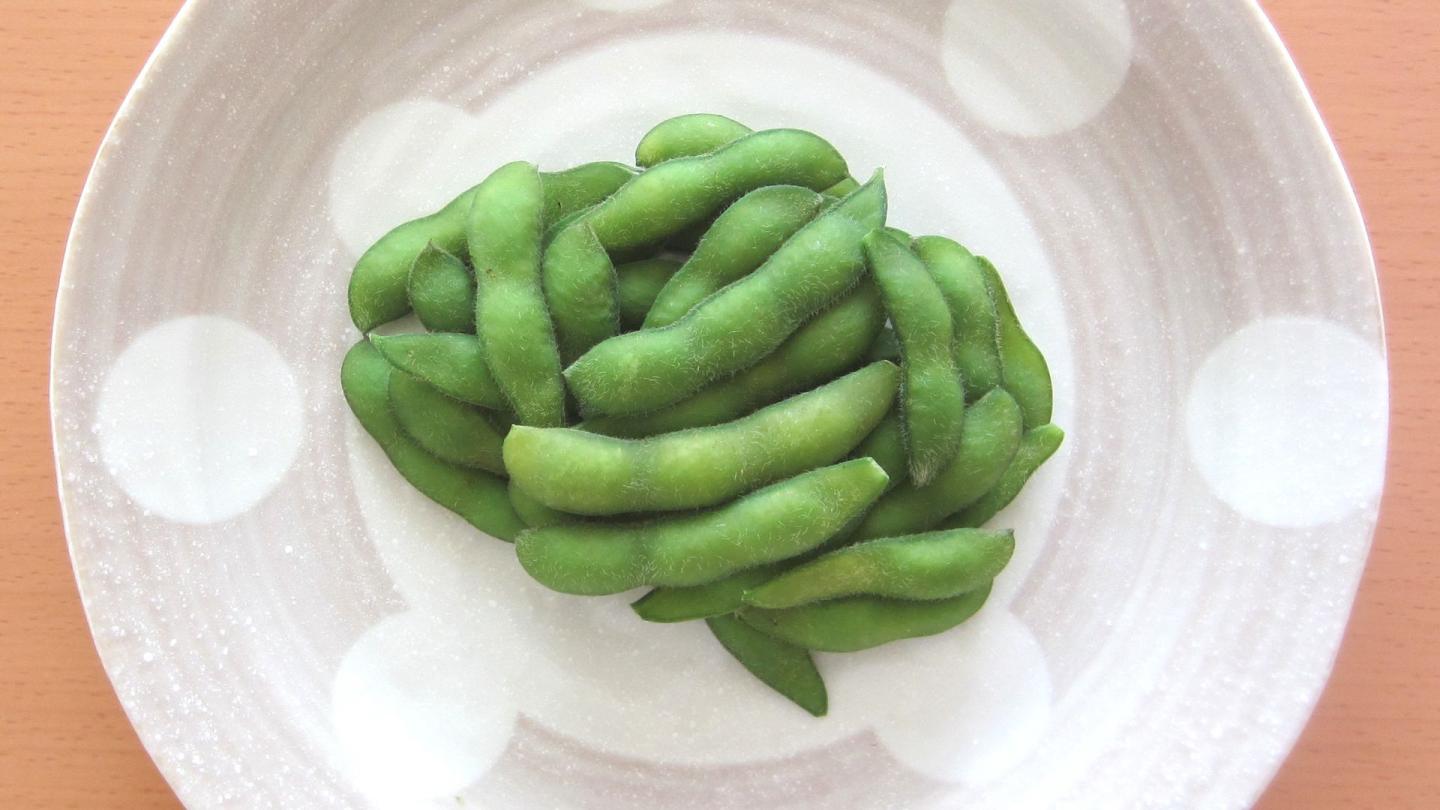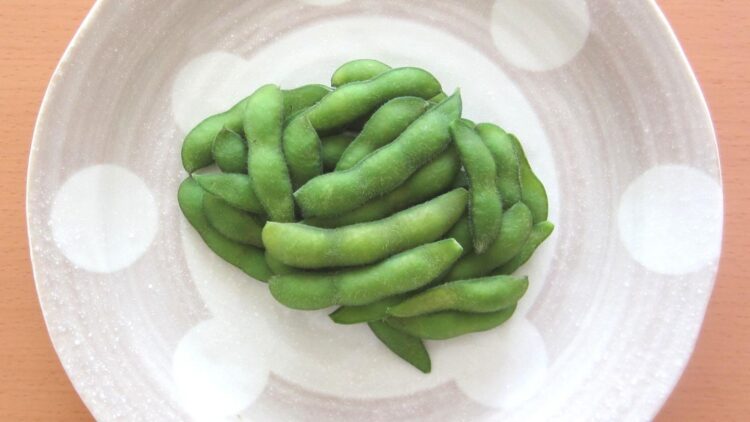Ingestion of the protein fragment improved working and long-term memory in mice treated to simulate Alzheimer’s disease

Credit: William J. Potscavage Jr., Kyushu University
In a study that could help one day give a literal meaning to food for thought, researchers from Kyushu University in Japan have reported that a protein fragment that makes its way into the brain after being ingested can reduce memory degradation in mice treated to simulate Alzheimer’s disease.
Derived by breaking apart the proteins in soybeans, the memory-effecting molecule is classified as a dipeptide because it contains just two of the protein building blocks known as amino acids. Unique about the dipeptide used in the study is that it is currently the only one known to make the trip from a mouse’s stomach to its brain intact despite the odds against it.
“On top of the possibility of being broken down during digestion, peptides then face the challenge of crossing a highly selectively barrier to get from the blood into the brain,” says Toshiro Matsui, professor in the Faculty of Agriculture at Kyushu University and leader of the study published in npj Science of Food.
“While our previous studies were the first to identify a dipeptide able to make the journey, our new studies now show that it can actually affect memory in mice.”
Working in collaboration with researchers at Fukuoka University, the researchers investigated the effects of the dipeptide–named Tyr-Pro because it consists of the amino acids tyrosine and proline–by feeding it to mice for several days before and after injecting them with a chemical that is commonly used to simulate Alzheimer’s disease by impairing memory functions.
In tests to evaluate short-term memory by comparing a mouse’s tendency to explore different arms of a simple maze, impaired mice that had ingested the dipeptide over the past two weeks fared better than those that had not, though both groups were overall outperformed by mice without induced memory impairment. The same trend was also found in long-term memory tests measuring how long a mouse stays in the lighted area of an enclosure to avoid a mild electrical shock experienced in the dark area after having been trained in the box a day before.
Though there have been other reports suggesting some peptides can reduce the decline of brain functions, this is the first case where evidence also exists that the peptide can enter the brain intact.
“We still need studies to see if these benefits carry over to humans, but we hope that this is a step toward functional foods that could help prevent memory degradation or even improve our memories,” comments Matsui.
###
For more information about this research, see “Brain-transportable soy dipeptide, Tyr-Pro, attenuates amyloid β peptide25-35-induced memory impairment in mice,” Mitsuru Tanaka, Hayato Kiyohara, Atsuko Yoshino, Akihiro Nakano, Fuyuko Takata, Shinya Dohgu, Yasufumi Kataoka, and Toshiro Matsui, npj Science of Food, https:/
Media Contact
William J. Potscavage Jr.
[email protected]
Original Source
https:/
Related Journal Article
http://dx.





